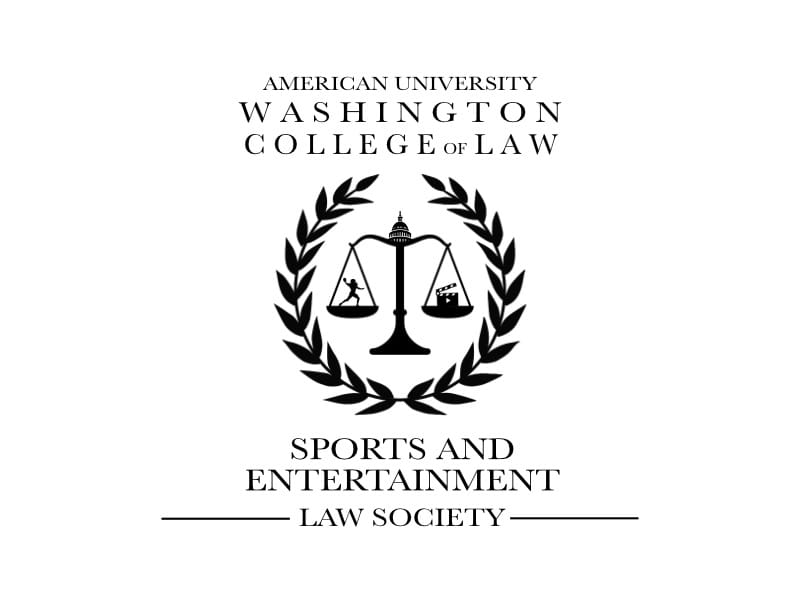Entertainment Laws Necessary to Shield Journalistic Integrity
The threat to journalistic integrity may require news media to seek alternatives to protect their work and reporters from government scrutiny and unwanted litigation. An option for protection may be turning to entertainment law.

News media is legally distinct from traditional forms of entertainment, and the rising threat of polarizing politics has the potential to blur that distinction, resulting in less efficient journalistic production. The First Amendment protects speech that informs and speech that entertains; however, case law and statutory interpretations offer greater protection to the latter. It is a long-held belief that government and legal entities should not play a role in aesthetic and moral judgments of art.[1] News content, on the other hand, has a long history of control by government bodies, including the FCC’s investigation into whether news sources in the past were considered biased.[2] Although the limitations to personal expression within news media have decreased over time, censorship of politically charged news outlets with facial bias is often used to control unsavory news reporting.
Entertainment laws offer additional protection to critical news reporting if it contains artistic and creative expression while mitigating the repercussions typically faced by news media for their dissemination.[3] Creative expression is frequent in modern modes of news reporting, as seen through popular satirical news commentaries such as The Onion and The Daily Show. This type of media's transformative nature permits satirical news dissemination protection through copyright and can circumvent strict press licensing, fake news targeting, and censorship. Journalists face increased government interference and scrutiny if they do not offer a method of consumption other than statistics and hardline facts.
Palestine’s recent ban on Al Jazeera and suspension of operations in the West Bank demonstrates how direct news reporting is insufficient to avoid government scrutiny. As reported in a recent BBC article, the Palestinian Authority found Al Jazeera in violation of their laws by provoking strife and interfering in Palestinian internal affairs. Some view Al Jazeera’s vocal support for an independent Palestinian state and its daily reporting of Palestinian civilian casualties as inflammatory, while others view the coverage as direct, on-the-ground reporting. Regardless of opinion, Al Jazeera is a news source that prides itself on impartiality and accuracy.
On the opposing side, a major defense by Infowars founder and conspiracy theorist Alex Jones during civil litigation was that his broadcasting should be viewed as political and social commentary instead of as news and should be considered entertainment. The tolerance of false speech in “order to foster the free exchange of ideas so integral to our constitutional values” demonstrates the legal technique to protect otherwise controlled language through entertainment law shields.[4] Although ultimately found liable for defamation, the defense claims and the recent Al Jazeera ban may demonstrate a necessary trend toward shielding journalists through other means, decreasing the reliability and efficiency of news reporting by shifting the production medium.
President Trump’s return resurfaces tensions prevalent during his first term with increased scrutiny on journalism and the press. The settlement of his lawsuit against ABC for misstating the verdict finding him civilly liable for sexual abuse against E. Jean Carroll is a warning of the censorship likely to emerge through his presidential term. A journalist’s ability to conduct their job is severely limited under this scrutinization, forcing reporters to comply with the administration’s narrative or risk litigation. However, similar to Jones, an alternative may be to go in the opposite direction instead of particularizing the disseminated news in this way and purposely satirizing the work to be protected from defamation suits. Although uncertain, the risk to journalistic integrity may result in necessary changes to news circulation.
[1] Bleistein v. Donaldson Lithographing Co., 188 U.S. 239, 252 (1903).
[2] See Suzanne R. Chauvin, Government Control of News: A Constitutional Challenge by Corydon B. Dunham, 50 Hous. L. 46, 46 (Mar./Apr. 2013) (describes the threat by the FCC to chill free speech through intimidation by failing to comply with unbiased coverage).
[3] Hustler Magazine, Inc. v. Falwell 485 U.S. 46, 57 (1988) (“this claim cannot, consistent with the First Amendment, form a basis for the award of damages when the conduct in question is the publication of a caricature such as the ad parody involved here.”).
[4] Jones v. Heslin, No. 03-20-00008-CV, 2020 WL 4742834, at *6 (Tex. Ct. App. Aug 14, 2020) (citing Holloway v. American Media, Inc., 947 F. Supp. 2d 1252, 1263 (N.D. Ala. 2013).




